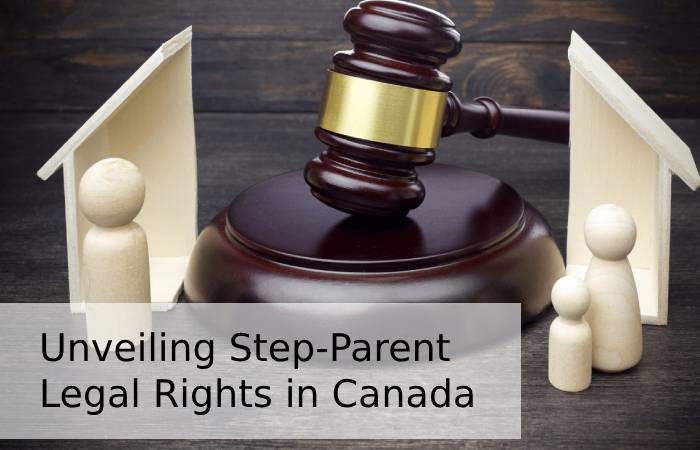
In the intricate legal landscape of Canada, step-parents often find themselves navigating through a web of laws and regulations, seeking clarity on their rights and responsibilities. This comprehensive guide aims to shed light on crucial aspects of step parent legal rights in Canada, providing valuable insights for those seeking a deeper understanding of this often overlooked area of family law.
Defining Step-Parent Legal Rights
When it comes to step-parents, legal rights can be nuanced and vary across provinces in Canada. Generally, step-parents don’t automatically gain parental rights upon marriage to a biological parent. However, the legal system recognizes the significance of their role in a child’s life, especially when it comes to matters of custody, visitation, and support.
Navigating Custody Battles
One of the primary concerns for step-parents involves custody battles. In Canada, decisions related to child custody are guided by the best interests of the child. Step-parents may seek legal standing to secure visitation rights or even joint custody, emphasizing their commitment to the child’s well-being.
Understanding Support Obligations
Financial responsibilities often loom large in the realm of step-parent legal rights. While step-parents might not be automatically obligated to financially support their stepchildren, certain circumstances could lead to support claims. These may include a step-parent’s significant involvement in the child’s upbringing or an agreement between the parties involved.
The Importance of Legal Agreements
To avoid future complications, step-parents in Canada are encouraged to consider legal agreements that outline their rights and responsibilities. These agreements can cover various aspects, from visitation schedules to financial contributions, providing a clear framework for all parties involved.
Challenges Faced by Step-Parents
Despite the legal recognition of step-parents’ roles, challenges persist. From societal misconceptions to complexities within the legal system, step-parents often find themselves in uncharted territory. Navigating these challenges requires a nuanced understanding of both family dynamics and legal frameworks.
Proactive Steps for Step-Parents
Seeking Legal Counsel
In the quest for clarity, step-parents are strongly advised to seek legal counsel. A family law attorney with expertise in Canadian regulations can provide personalized guidance, ensuring step-parents are well-informed about their rights and responsibilities.
Building Strong Relationships
Beyond legal considerations, building strong relationships with stepchildren and biological parents is paramount. Courts often consider the quality of these relationships when making decisions related to custody and visitation. A supportive and involved step-parent can significantly influence the outcome of legal proceedings.
Remaining Informed about Legal Updates
Family laws evolve, and staying abreast of legal updates is crucial for step-parents. Engaging with reputable legal resources, attending seminars, and being part of support networks can empower step-parents with the knowledge needed to navigate the ever-changing legal landscape.
Conclusion
In the mosaic of family law in Canada, step-parents play a vital role that demands acknowledgment and understanding. This guide serves as a compass, providing direction for step-parents seeking to comprehend their legal rights and fulfill their responsibilities in the best interests of the children involved.